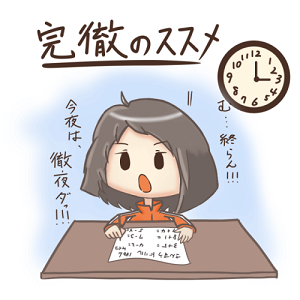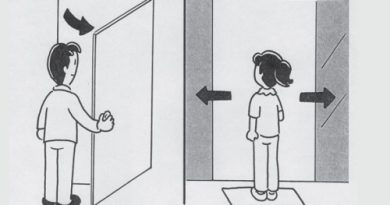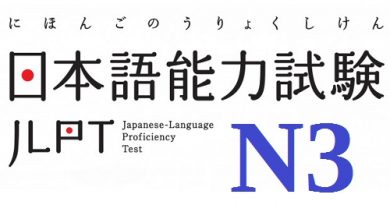Japanese phrases not found in the textbooks
Textbooks and teacher manuals serve as the basis for much of the language input learners receive. However, once you set foot in that country, you will realize sometimes, the reality is different from what you have learnt from the textbooks. You have to get used to the fact that there are many things in textbooks are rarely used and vice versa. In this article, Learn Japanese daily will introduce you to some common Japanese phrases not found in the textbooks.
At school
This place probably contains a very varied and developed language system. You can stumble on some commonly used Japanese phrases such as:
休講 (Kyūkō) : Vacant periods.
もぐる (Moguru) from 潜る, means to lie low as when you attend the class that you are not resgistered.
徹 夜 (Tetsuya): Implies something makes you stay up all night (for example: watching soccer).

爆睡 (Bakusui): To fall asleep (in class).
A little similar word that is also used often is: 爆笑 (Bakushō) : To laugh out loud.
むずい(Muzui) is an abreviated way of saying 難しい (Muzukashī) : Difficult.
切る (Kiru) : To cut, here it means to skip class.
パクる (Pakuru) is a slang of cheating (in exams).
In the workplace
In the workplace, you should learn by heart some certain commonly used Japanese sentences or phrases to communicate effectively.
ご 無沙汰しております(Gobusata shiteorimasu) is a formal way of saying お久しぶりです (Ohisashiburi desu): It’s been a long time since we last met/contacted.
お 世話になっております(Osewa ni natte orimasu) : This phrase has a lot of meanings depending on the context. In this context, it means: Thanks for taking care of/supporting me. These phrases are used very frequently in daily conversations and work emails.
On trams
Trams in Japan are a complicated world and you will encounter many scenarios. Let’s learn some helpful phrases:
文庫本 (Bunkobon) : Paperbacks, softcover books (used for reading on trams).
最寄り駅 (Moyorieki) : The nearest station.
すみません、降ります(Sumimasen, orimasu) : Excuse me, this is my destination (used when you make your way through the crowd when you exit the tram.
痴 漢です!(Chikan desu!) : There is a pervert! (This phrase is very helpful because there are many perverts taking advantage of women on buses or trams in Japan.
落し物 (Otoshimono): Lost property.
When you catch someone dropping their stuff, you can say:
すみません、落し物ですよ!(Sumimasen, otoshimonodesu yo!) : Excuse me, you dropped this.
As you can see, context-based learning will help you improve on your vocabulary and make it more varied and realistic. Hopefully, this Japanese phrases not found in the textbooks article will help your conversational Japanese become better and better. Have fun learning!
Check out our other interesting lessons in section Japanese vocabulary on Learn Japanese daily.


